Reading Highlights
I’m not sure I’ll remember all I’ve read since my last book post, but here are a few highlights at least:
Watership Down. What a fantastic (re)read. Who would imagine that a story about a band of rabbits on a quest would be such a satisfying adventure tale? Richard Adams made a story that has everything:
- a unique culture with its own language, mythology and religious tradition
- a visionary (Fiver)
- an “ordinary” character forged into a wise, courageous leader (Hazel)
- a courageous, loyal hero (Bigwig)
- a team, all of whose members bring some needed gift to bear
- a truly horrific villain, depicted with compassion and depth (Woundwort)
- thrills and chills and action aplenty
- a good bit of realistic natural knowledge about rabbits
I have this book now in paperback and in audiobook format, and if this third reread is any indication I’ll enjoy it many more times. The episode about the warren full of well-fed, cultured rabbits who trade freedom for an illusion of security has stuck with me since my first reading of the book in 8th grade, and it seems relevant still as I think about various aspects of life in America.
The Ballad of Songbirds and Snakes drew me in slowly but surely. Suzanne Collins’ prequel to the Hunger Games trilogy draws a sympathetic portrait of Coriolanus Snow, future president of Panem, as he struggles to reconcile his grand family heritage with the impoverished realities of his life in the early days of the Capitol. A teenager during one of the first renditions of the Hunger Games, Coriolanus and his classmates each must sponsor one of the combatants in the games, and this gives him a deeper insight into how they work, and how they are experiences by both spectators and participants.
The book is divided into two parts: Games, and Post-Games, when his choices place him in a different setting and inspire further changes in his perspective. (Awkwardly avoiding spoilers here…) The segue from the Watership Down “safety vs. freedom” theme seems appropriate here, since we learn that one of Coriolanus’s core beliefs is that however brutal or heavy-handed it may be, the Capitol is required for societal order and safety. He cannot envision any way free people can exist without total chaos. I felt that Collins developed the tale well and suspensefully. Initially I read it only because I had put it on hold at the library months ago, and it became available. By the time it arrived I wasn’t as interested, but I figured I’d better seize the chance. I’m glad I did!
C.S. Lewis and the Final Frontier is a great read for anyone looking for an in-depth critical study of Lewis’s space trilogy. Sanford Schwarz brought out a number of structural elements I hadn’t appreciated before, and he demonstrated convincingly how coherently the novels depict Lewis’s effort to think through the scientific theories and fashions of his time in relation to Christian faith. (You can see a more complete abstract of the book here.)
Since I’ve basically been steeping in the trilogy for the last year, I appreciated this book’s insight into aspects of the series that have puzzled me, and its discussion of the intellectual underpinnings and allusions. For instance, I’ve never been quite sure what to do with the impenetrable philosophical dialogues at the end of Perelandra, but this book helped me to see how they provide some answers to questions raised earlier in the book about how to reconcile the vastness and seeming impersonalness of nature with the idea of a personal God who intends humanity to play an important role in his ongoing work of creation. I’ve never made sense out of how the different pieces of That Hideous Strength, much though I love it, fit coherently together; but this book manages to do it, partly by putting it in the context of a Gothic novel, and partly by helping me see how carefully Lewis structured the book. This was an illuminating read for me, one I can imagine turning to again to refresh and deepen my understanding of Lewis.
I rediscovered Anne McCaffrey’s Dragonriders of Pern series searching for pageturners at the library’s Kindle page. One of my constant tensions is purchasing or checking out “good for you” books and losing the pleasure and entertainment of reading. I’ve been working harder to keep that alive these days, and these books helped. I love the fully-imagined universe: politics, science, history, culture, class structure and of course, telepathic dragons!
There have been some good-for-you books as well, though I’ve read “in” them rather than reading them cover-to-cover. One is Flower Darby’s Small Teaching Online, which in turn led me to John Warner’s The Writer’s Practice. The former is supposed to be an adaptation of James Lang’s Small Teaching: Everyday Lessons from the Science of Learning to the online environment, but so far most of it has been simply focused on good practices for online teaching. The latter is an idea-bank of writing assignment ideas, all of them laid out following a very consistent template. I like the emphasis on “writing experiences” and the idea of a very consistent framework for designing assignments.
I may be missing some, but these books have all laid out parts of the imaginative terrain of the last few months. I’m sure I’m not the only one who wonders how the varied strands of what we read influence our thinking and outlook. How do they settle out in the great mixing bowl of the mind? One definite theme is alternate universes: Lewis’s, McCaffrey’s, Collins’s, Adams’s. It’s a commentary on how anxious and weary I am as I look at the world around me. Yet there is always a small voice of hope within — and I wonder if some of these authors give expression to a similar small voice when they create and populate such satisfying, hard-won fictional worlds.


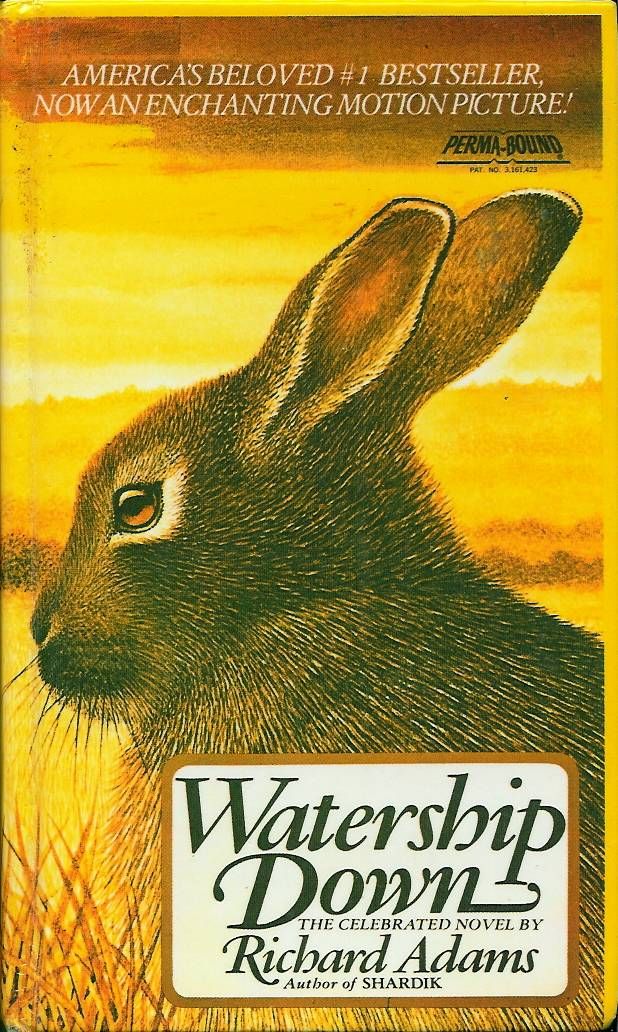
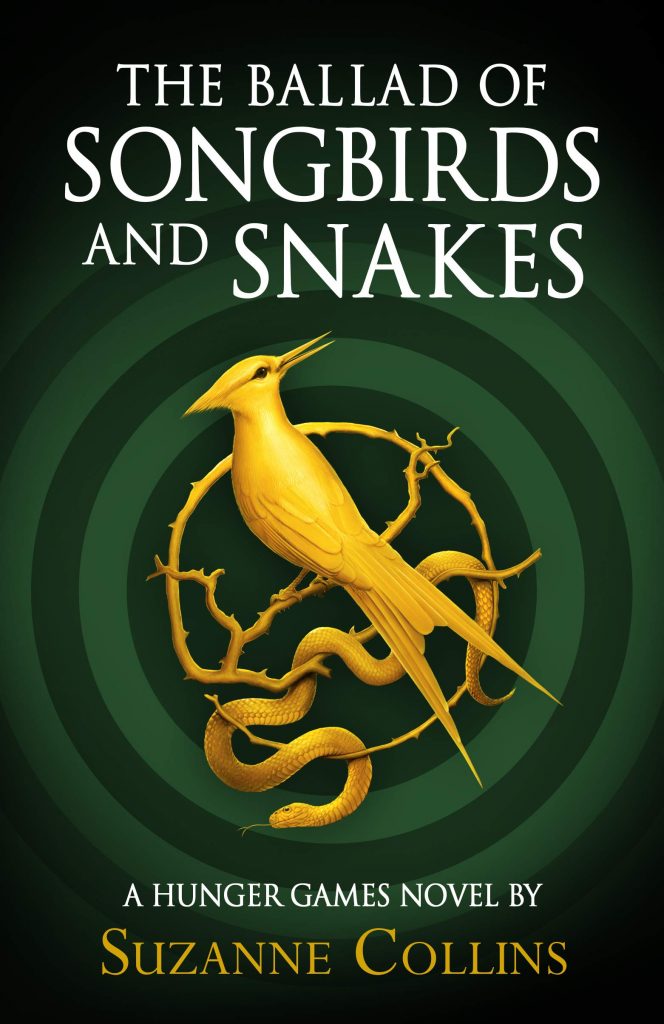
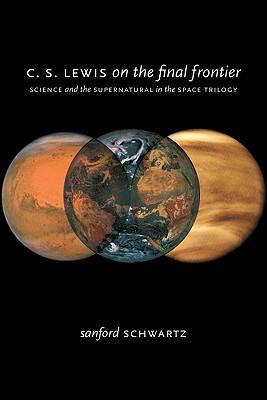
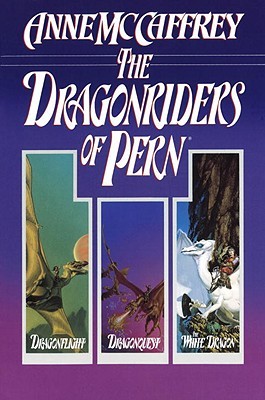
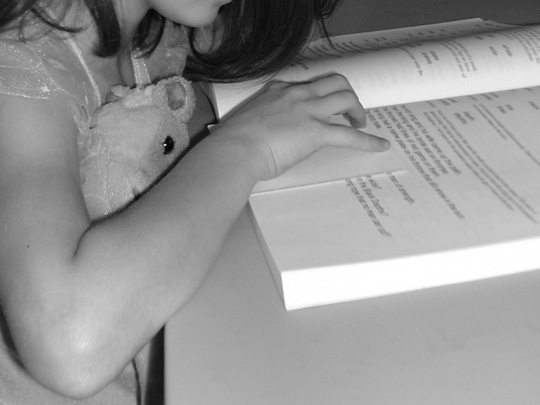


3 Comments
Ruth
Oh, I think it’s time for a reread of Watership Down. What a fabulous book that is! I also am curious about that mixing bowl of the mind. It’s one reason I’m so glad I started recording my reading on my blog. When I go back and read old posts, I see many patterns I didn’t recognize at the time.
Jeane
Just last week I watched a newer Netflix version of Watership Down. It was quite dark. But also had some beautiful depictions of the plant life and things from the rabbits’ perspective. Made me want to read the book all over again- though I know I’ve read it at least three or four times already- last was long ago now. I smiled when scrolling further down your post because yesterday I finished reading Dragonflight and today am into Dragonquest (thought what I really want to get into is Menolly’s story in Dragonsong). Some aspects of the Pern books appear not-so-great re-reading them in modern times, but other aspects were unsettlingly relevant to our times. And overall it was just enjoyable reading the story once again.
Janet
I just watched the trailer for the Netflix Watership Down yesterday. I agree that it looked interesting, but dark; I’m not ready to surrender my own imaginative pictures of the story yet. I was surprised by how much I enjoyed the Audible reading, though!